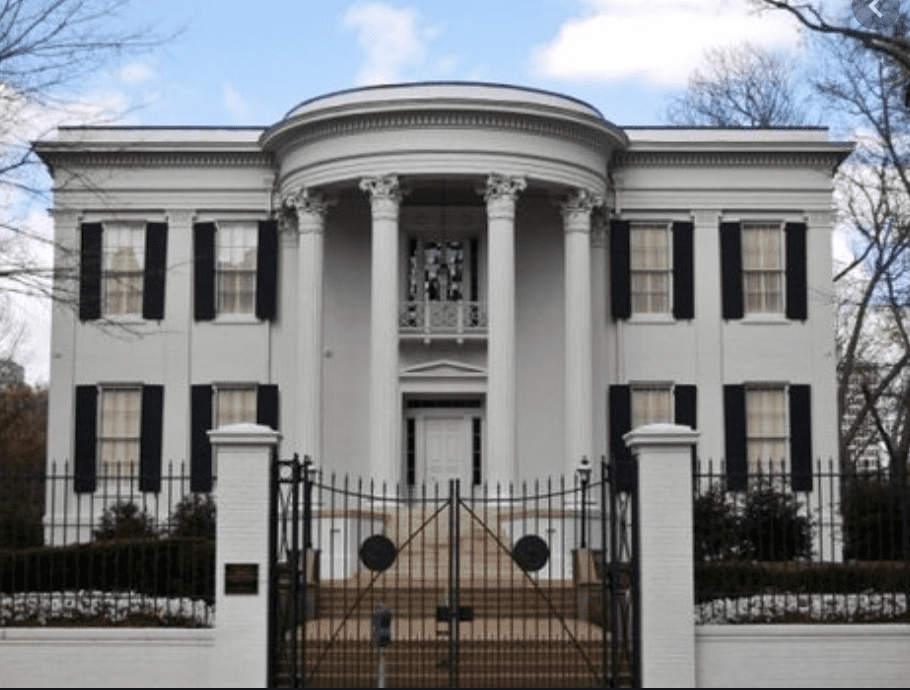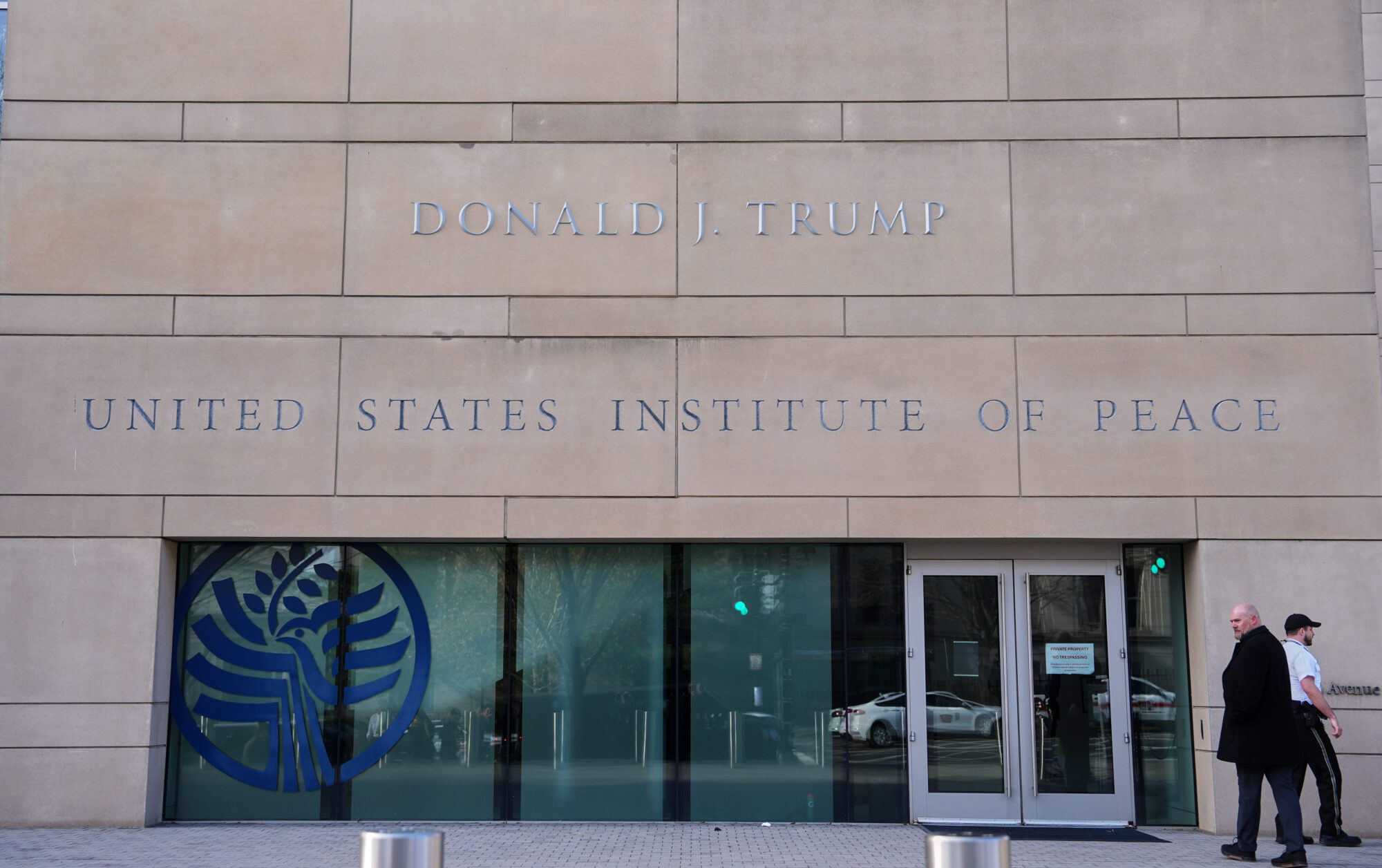
The Mississippi House has passed SCR 548, a constitutional amendment that would change how the Governor and other statewide officials are elected, removing the electoral vote requirement in favor of the popular vote.
The resolution was authored by Senator Chris Johnson (R).
“I think it is a complicated system that is not needed and really most state’s have plurality win and ours in a majority. I just think that is the more correct and fair way to do it,” said Senator Johnson.
This change requires a public referendum, meaning the people of Mississippi would have to approve the constitutional amendment for it to become law, which could be a question on the ballot in November.
Governor Reeves said when he chose to run for his current office in 2019 he knew the requirements to get elected and planned to succeed in that, but if the people were to vote to change that statute he would shift also.
“That was the rules of the game. If the people want to change it, I’ll adhere to those roles,” said Reeves.
RELATED: Amendments to MS Constitution on election of governor passes House and Senate Committees
The measure reads, in regards to the Governor and other state wide offices:
“If no person receives a majority of the votes, then a runoff election shall be held between the two (2) persons who received the highest number of votes. The election shall be held in the same manner and in accordance with the same procedure, as nearly as practicable, as provided by law for a general election. The candidate who receives a majority of the votes in the runoff election shall be declared elected. If the two (2) candidates in the runoff election have an equal number of votes, the tie shall 37 be broken by a vote of the Legislature taken at a Joint Session held on the first day of the Regular Session following the election, with each Senator having two (2) votes and each House member having one (1) vote.
The amendment effectively gets rid of the requirement that the Governor and all state elected officials be elected by the House of Representatives if no candidate receives the majority of the popular vote and electoral votes in a general election.
The only time this rule has been used in Mississippi’s history was during the election of former Governor Ronnie Musgrove (D) who ran against Republican Congressman Mike Parker. Musgrove took nearly 8,300 votes over Parker but did not maintain the appropriate fraction of the percentage point. Since neither candidate took a majority of the popular vote the Mississippi House of Representatives selected Musgrove as the winner.
In 2018, a federal lawsuit was filed targeting the statute. The three plaintiffs claimed that it was part of the 1890 Constitution in order to suppress black voters. The complaint asserts that the resolution of the election of a Governor or statewide official in the House of Representatives hurts groups that are concentrated in a minority of House districts. Just before the 2019 Gubernatorial election, U.S. District Judge Daniel P. Jordan III denied the motion but found that the complaint would likely go far with the Supreme Court.
“Absent some impact on the election results, the constitutional injury . . . is outweighed by the harm a preliminary injunction would cause when the Court attempts to craft a new method for electing statewide officers on the eve of the election. So too, the public interest would not favor such intervention at this preliminary stage,” Judge Jordan opined in his ruling.
The House had a similar resolution filled by Rep. Jim Beckett (R), HCR 47. It died in committee.
“It is our intention in the House and Senate to pass the resolution and it is not just applied to the Governor; it’s all statewide offices,” said Rep. Beckett. “We plan to have a conference report to make it a majority vote.”
Two amendments were added in the House. Due to these changes it will now go to conference where the Senate will have the chance to approve or deny the changes made by the other chamber.











